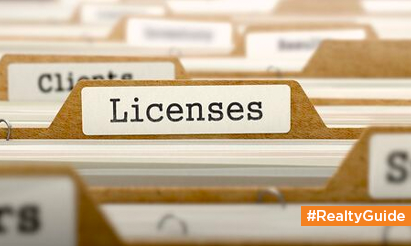Taxation on Inherited Property
You may be concerned about your tax obligations related to the inherited property. Your inherited possessions may also include real estate, gold, mutual funds, certificates of deposit, and other transportable items. In India, there are special circumstances that result in tax liability on any inherited asset. Here is all the information on inheritance tax that you need to know. A type of tax known as inheritance tax is assessed on income obtained by a person from his or her ancestors’ possessions.
In the event of a character’s passing, his or her residences may pass immediately to his or her inmate heirs, such as children, grandchildren, or wards. Frequently, the inherited property serves as a source of income.
Many times, the inherited possessions serve as the new owner’s source of income in the form of rent, a hobby, etc. The proceeds flow to the inheritor when they become the proprietor. Therefore, the new owner must report these revenues and pay taxes following the law.
Will of succession – This is a traditional and age-old way to pass on wealth. A will of succession is a document in which the deceased person names the rightful owner of his or her property in advance.
Nomination for inheritance – A person may nominate a person of his or her choosing. The asset and the benefit it produces are then legally owned by the candidate.
inheritance by joint possession – If any asset is under the joint ownership of two or more people, the surviving owner(s) is/are entitled to control the asset after the death of the other owner (s).
Taxes on inherited property
In the Indian context, the succession law is implemented per private law. In other words, if a Hindu passed away, their possessions might be split under the Hindu Succession Act, and so on.
According to the Income Tax Act of 1961, no tax is assessed on the inherited property as a whole, whether it be moveable or immovable. The tax, however, can be assessed if the newly acquired owner decides to sell the property. When it comes to movable assets like mutual funds, gold, shares, etc., the new owner is not liable for paying any taxes. But once they decide to sell such mobile items, they will need to pay the tax.
Disclaimer: The views expressed above are for informational purposes only based on industry reports and related news stories. PropertyPistol does not guarantee the accuracy, completeness, or reliability of the information and shall not be held responsible for any action taken based on the published information.




